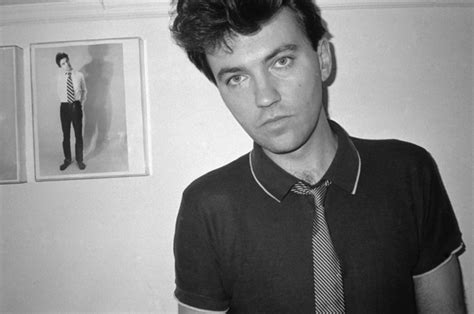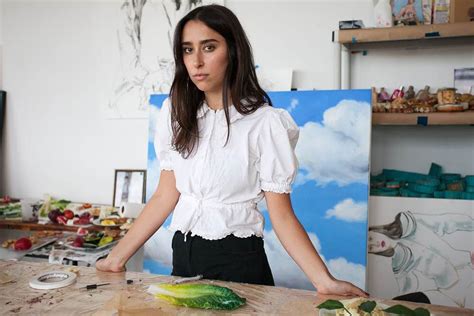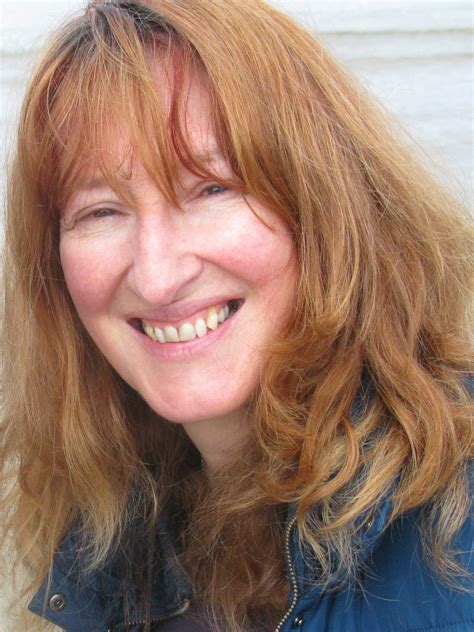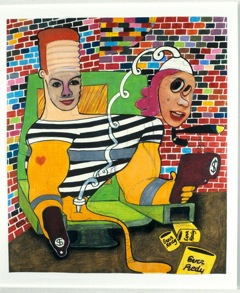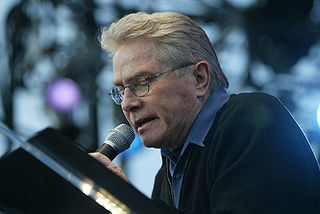A Quote by Kehinde Wiley
One of the weirdest things that happened to artists and art criticism was this moment when everyone got cynical and stopped believing in the ability to engage the world in all of its myriad purposes, transformations, and incarnations.
Related Quotes
I think what happened in the last 10 or 15 years in the art market is that all the players - and that includes artists, dealers, art advisors, everyone - basically became dealers. We've had old-school collectors morph into speculators, flipping works. We've seen auction houses buying works directly from artists or from sleazy middlemen. The last step before the crash was the artists themselves supplying the auction houses. Dealing themselves, you know? The art world is as unregulated as any financial market there is.
Political correctness is the fascism of the 90's, it is this rigid feeling that you have to keep your ideas and your way of looking at things within very narrow boundaries or else you'll offend someone. Certainly one of the purposes of journalism is to challenge just that way of thinking, and certainly one of the purposes of criticism is to break boundaries, that's also one of the purposes of art.
I don’t think the shortage of artists has much to do with the innate ability to create or initiate. I think it has to do with believing that it’s possible and acceptable for you to do it. We’ve had these doors open wide for only a decade or so, and most people have been brainwashed into believing that their job is to copyedit the world, not to design it.
My tiny baby blossoming art collection is comprised of works by artists I have either assisted or been mentored by, artists I am friends with, or artists I have traded with. As much as I want to and aspire to acquire works from established artists, I love acquiring works from my contemporaries in order to participate in this moment in time. The advice I would give is know what you like, take your time, and invest in things you feel connected to, as opposed to buying something because it seems cool or "of-the-moment."
I write some art criticism, and one thing that's clear to me is that politics is fashionable in the American art world in a way it maybe isn't in American fiction. Your work of art becomes fashionable the moment it has some kind of political commentary. I think this has its dangers - the equation between fashion, politics, and art is problematic for obvious reasons. Nonetheless, the notion of politics as being de rigueur in the world of fiction is almost unthinkable. In fiction in America at the moment, the escape into whimsy is far more prevalent than the political.
'Untitled' is a time machine that can transport you to 1992, an edgy moment when the art world was crumbling, money was scarce, and artists like Tiravanija were in the nascent stages of combining Happenings, performance art, John Cage, Joseph Beuys, and the do-it-yourself ethos of punk. Meanwhile, a new art world was coming into being.
I don't have a very high opinion, actually, of the world of criticism - or the practice of criticism. I think I admire art criticism, criticism of painting and sculpture, far more than I do that of say films and books, literary or film criticism. But I don't much like the practice. I think there are an awful lot of bad people in it.
Because of their origin and purpose, the meanings of art are of a different order from the operational meanings of science and technics: they relate, not to external means and consequences, but to internal transformations, and unless it produce these internal transformations the work of art is either perfunctory or dead.
Just as many who were brought up to think of God as a bearded old gentleman sitting on a cloud decided that when they stopped believing in such a being they had therefore stopped believing in God, so many who were taught to think of hell as a literal underground location full of worms and fire...decided that when they stopped believing in that, so they stopped believing in hell. The first group decided that because they couldn't believe in childish images of God, they must be atheists. The second decided that because they couldn't believe in childish images of hell, they must be universalists.

